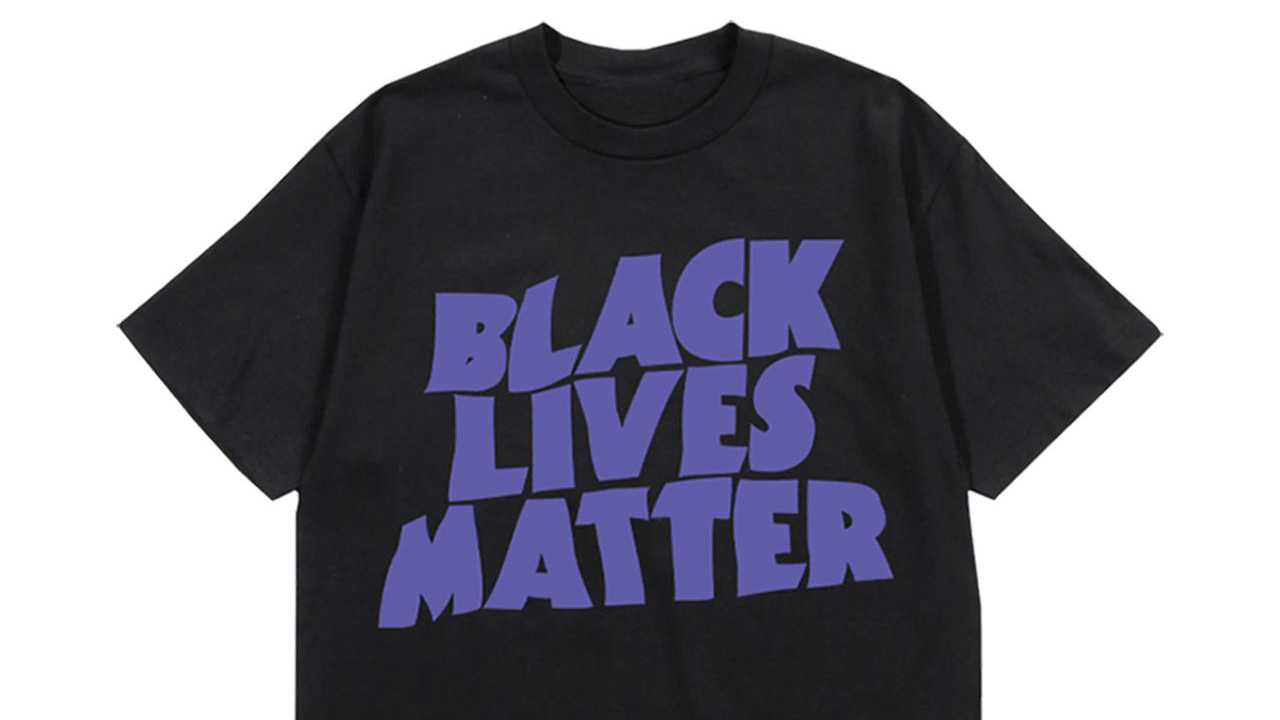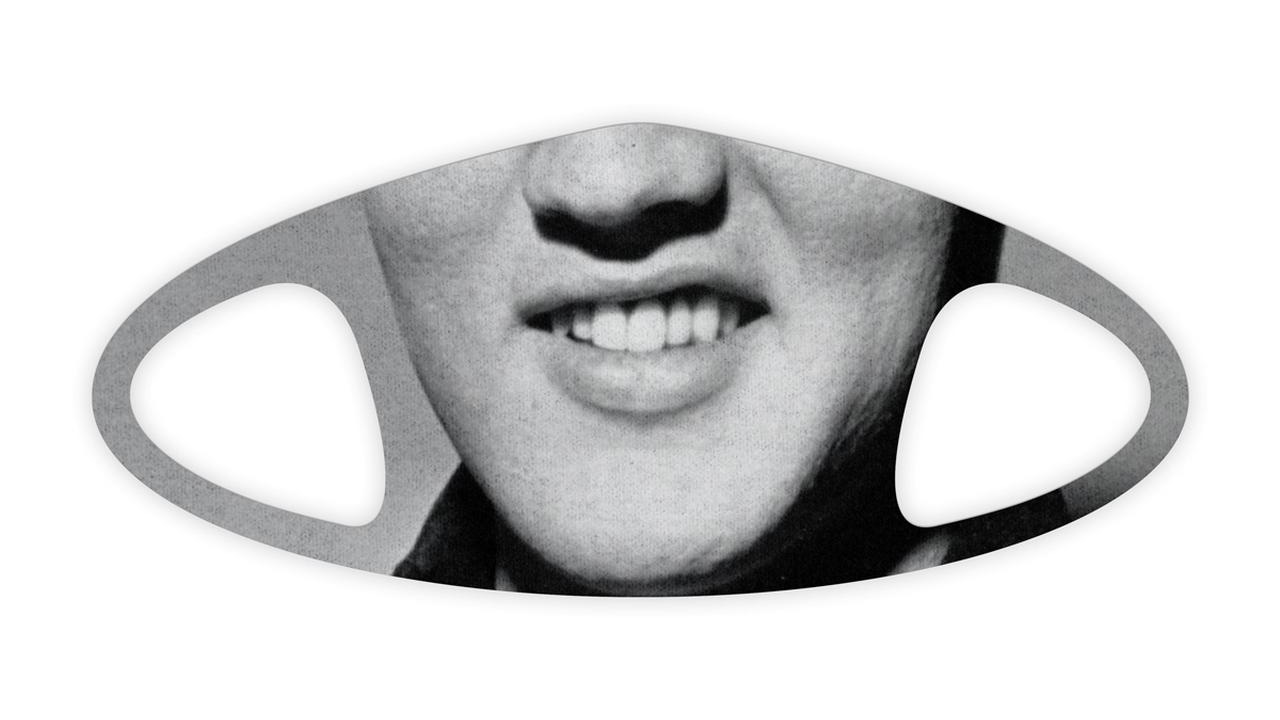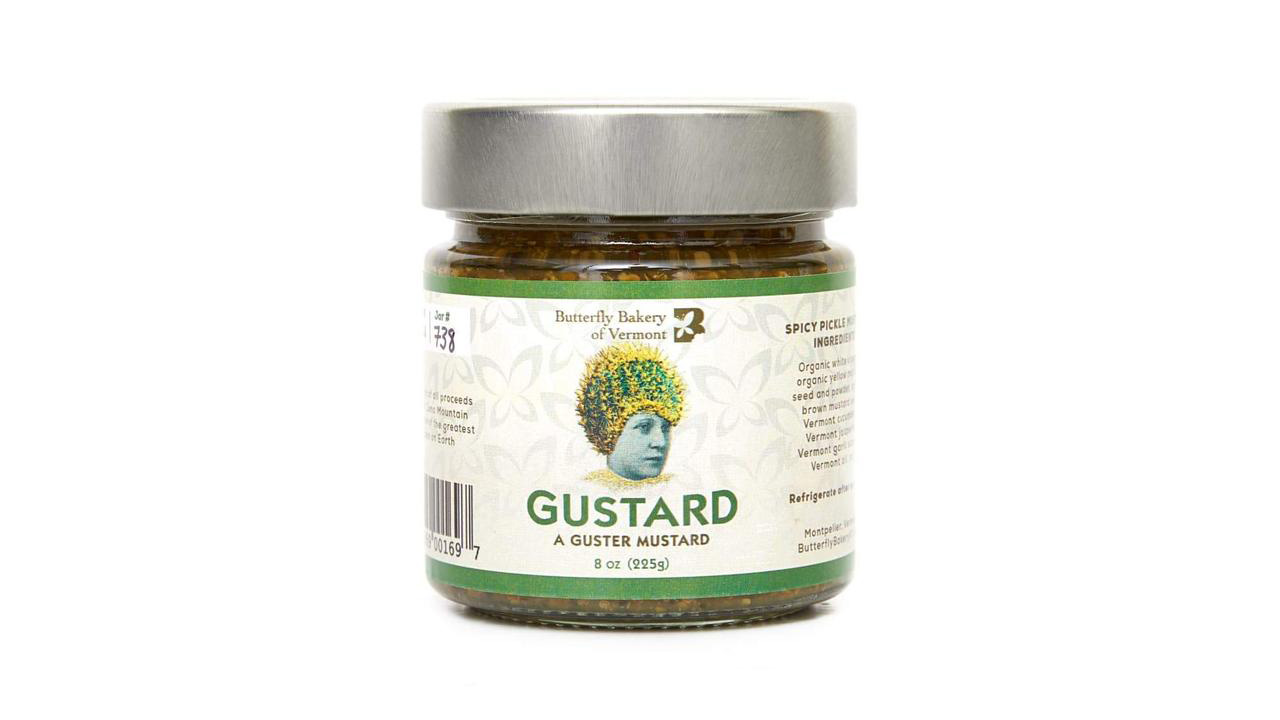Making The Most Of Merch Sales During A Pandemic
With tours and shows still on hold for the moment, many artists have developed creative ways to sell unique merchandise in an effort to bring in money both for themselves and the causes they feel passionate about.
Guest post from Spotify for Artists
With tours shelved, many acts have found creative ways to make money and support charities through shirts, masks, and unique items.
With COVID-19 putting live music on hold, musicians who depend on touring for the bulk of their income—and their main source of interaction with fans—have been facing major setbacks. Many responded by livestreaming performances from home, where they are earning financial support by either selling tickets to their virtual gigs or encouraging fans to contribute to their online tip jars.
But another method to maintaining revenue and the relationship with listeners is by doubling down on merchandise. Acts of all stripes have found more ways to reach their audiences through customized wares, idiosyncratic products they normally wouldn’t bring on the road, facemasks, and limited-edition items that benefit charities and social causes. Here’s a look at how some artists are finding success by going the merch route from home, thanks to the creativity of their constraints.
Meeting the moment
Merchbar is a platform that allows about 35,000 artists to offer more than a million products to fans who want a piece of their favorite musicians to take home, from staples like t-shirts and ballcaps to more unusual offerings like colognes and undergarments. As co-founder Ed Aten tells Spotify, every act that sells products through them is feeling the effects of the pandemic.
“I think the industry is wrapping its head around the idea that this is what 2020’s going to be,” he says. “That means everyone is starting to put together their revised plans for what they’re going to do to really focus around streaming and e-commerce. Those are the two big things that are left.”
But, as Aten points out, it’s not all about profit. “We’re seeing a lot of advocacy and support for the social causes that are happening, whether that’s COVID or Black Lives Matter,” he says. “Artists are using their platforms not only to speak out but also raise money for causes, donating portions of proceeds or creating products specifically for causes they think are important.”
From British singer/songwriter James Morrison donating the proceeds from his Live at Dingwalls t-shirt to the UK Black Lives Matter Fund to Social Distortion sending all income from their “Social Distancing” shirt to the MusiCares COVID-19 Relief Fund and the United Way, plenty of artists are prioritizing their fellow humans’ wellbeing through merch. Legacy artists are getting into the game, too. “We have a Black Sabbath shirt with the Black Sabbath logo that says ‘Black Lives Matter,’” says Aten. “It’s f///*ing awesome.”

With much of the world uniting to fight the spread of the pandemic, the music universe also saw the quick adoption of a whole new category of merchandise: masks. Be it Ariana Grande, Sum 41, or any number of underground artists, there are few artists who haven’t taken up face coverings as part of their merch strategy. “They’ve gotten really creative with them—not just the artist’s name, but patterns,” says Aten. “We have a Woodstock one that has the Woodstock bird on there. We have an Elvis one that has the [signature sneering] lip.”

Pandemic-related merch isn’t just reserved for masks—artists have found success selling both timely merch and mining their stockpiles to release vintage items that were never made available for sale. “We’ve actually had some artists selling their canceled tour merch to raise money for COVID relief,” says Aten.
Making the most of the stream
With livestreaming becoming one of artists’ main points of musical communication with their fanbase, some savvy performers have been tailoring their merch to the format. Driven by wild frontman Adam Weiner, Low Cut Connie is at the forefront of that agile, ad hoc adjustment.
Weiner earned plenty of attention from both the public and the press with his energetic, unpredictable weekly Tough Cookies livestreaming series, which is broadcast from his Philadelphia apartment. Working with the Hello Merch platform, he’s launched a custom-made line of goods inspired by the performances. “We’ve got this entire line of Tough Cookies merchandise, ranging from bracelets and pins to all kinds of different shirts [and] sweatpants,” says Reid Martin of Low Cut Connie’s management team. “The merch sales really started to replace the digital tip jar to reinvigorate our revenue stream.”
A consummate performer in the vein of Little Richard, Weiner lets his inner rock ‘n’ roll animal loose in his streaming gigs, and one specific item captures that spirit. “He’s almost always in his underwear by the end of the show,” laughs Martin, “He’s just sweating his ass off, he’s always talking about how he’s ‘shvitzing.’ One of our best-selling shirts has a photo of him ripping his tank top with sunglasses on, and it says, ‘Shvitzin’ for You.’”
Getting creative
It’s always good for artists to expand their ideas about both the products they generate and the way they make them available, and the current stay-at-home climate has created opportunities there. Low Cut Connie now offers everything from logo-emblazoned briefs to a unisex fragrance, and offers preorders not only on items that are in the works but also old favorites that are in the midst of the restocking process. That way, fans can purchase items, impulsively or planned, and put money in the band’s pocket immediately.
Aten says the only restrictions on varieties of merch are those imposed by the artists’ imaginations. “We have a bunch of people who make coffee,” he says. “We have a drum that was played live on stage with Sidewalk Prophets. Lady Gaga is selling a jockstrap. The Jonas Brothers have a wine tote. Pepper made a ‘water pipe’ that’s definitely a bong. Guster has made granola and a mustard called Gustard. All kinds of hilarious stuff.”

Another benefit for artists now is they can sell merch on a more a-la-carte basis, allowing them to offer more sizes and designs of shirts and heavier/bulkier items they wouldn’t necessarily want to drag out on the road. “When you’re putting together a tour and figuring out what you’re going to carry from town to town, you’ve got to be really sensitive to the total number of SKUs [UPC codes] you have, the sizes you print, because it costs time and money to move that stuff around,” says Martin. “Online, there’s such a massive amount of fans that have different interests, desires, and sizes, that we really see there’s a huge benefit to releasing a diversity of product. You’re going to move a wide variety of types, sizes, styles, and products for different genders.”
In the end, the pandemic’s hardships can be a boon for all musicians when it comes to merchandise. With audiences stuck at home, they’re hungry for a bit of connection and eager to support their favorite acts. And, as Aten says, “Artists are being more responsive and more adaptive than ever before,” figuring out the ways they can help themselves and their fanbases. Whether it’s timely offerings like masks, quirky products like jockstraps or wine bags, or archival tour shirts that benefit those in need, ingenuity is truly the limit to making the most of the current situation—and a way for artists to think bigger about how they approach merch whenever concerts safely return.
-Jim Allen
Nice artical
In the end everything depends on each one, many will say that the pandemic has created a crisis and others may say that thanks to them they are generating more income, it depends on us and on our way of facing each one of the problems.